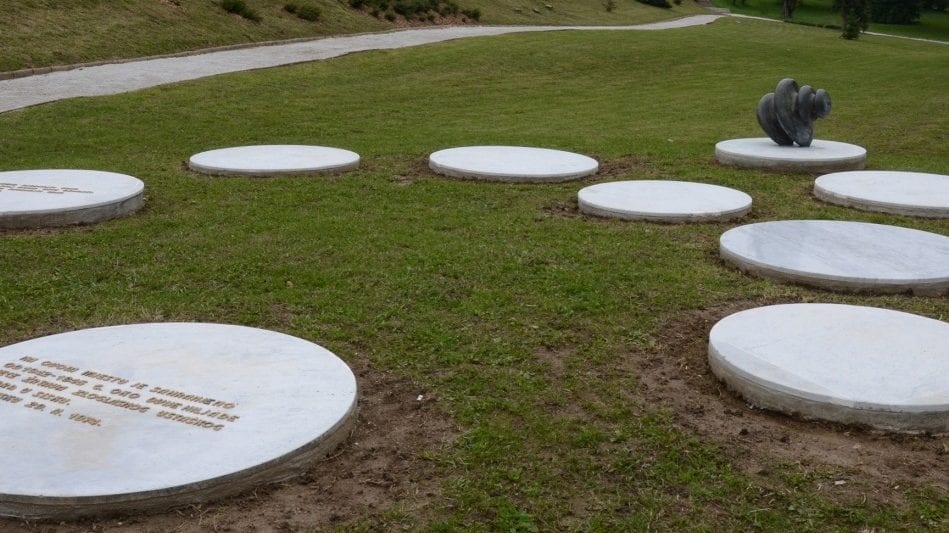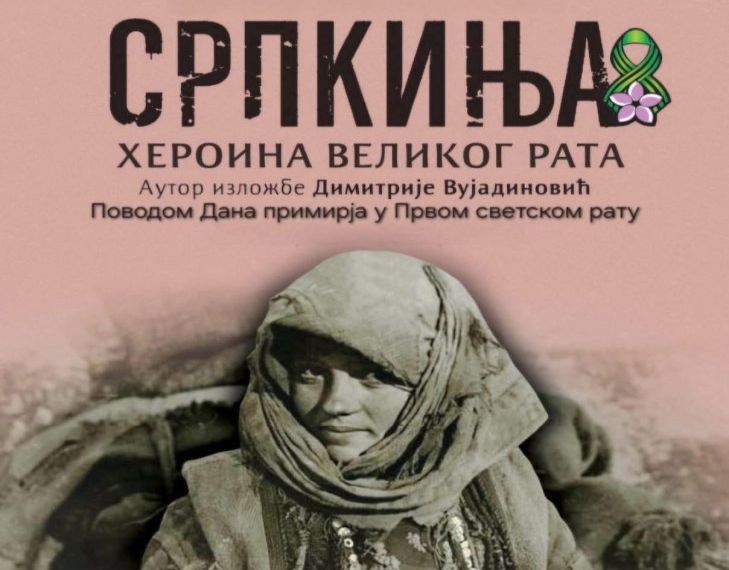A post is spreading on the social media platform X (formerly Twitter), claiming that this year the Republic of Croatia will not be accepting seasonal workers from Serbia and that some citizens are already being turned back at the border, allegedly due to political tensions between the two countries. The claim was first posted from an account named NenaNs (archived here) on May 23 of this year and quickly attracted a large number of reactions from other users.

The post reads as follows:
“I just got info from a friend whose parents have been in Croatia since the beginning of May that Croats will no longer allow Serbs to work the season this year. And all because of Vučić and his behavior. He says they’re being turned back at the border. If it’s true, I don’t judge or blame them. Vučić must fall, there is no other option.”
At the time of writing, the post had been shared by 120 X users, and more than 1,200 had interacted with it in other ways. Although written as a second-hand personal testimony, the claim spread quickly, sparking numerous comments and shares. Since its content can cause panic, concern, or misinform the public by promoting a narrative of discrimination based on nationality and potentially fueling interethnic or interstate tensions, we investigated whether this claim is based on factual data.
We checked the official website of the Ministry of the Interior of the Republic of Croatia (MUP), and no official decision or recommendation by Croatian authorities has been published that would restrict the entry of Serbian citizens into Croatia for political or any other reasons. The official website outlines the entry requirements for Serbian citizens depending on the purpose of their stay, but there are no restrictions listed for 2025 (available here).
Croatian Deputy Prime Minister and Minister of the Interior Davor Božinović stated on May 17 of this year that in the first two months after the amendments to the Aliens Act came into force, the Ministry of the Interior increased inspections and issued fewer work permits to foreigners than in the same period last year.
“We have intensified inspections of employers, foreign workers, agencies, aggregators, and digital platforms – because we want to maintain order in the labor market, prevent abuses, and ensure the security of our country,” Božinović said (available here, archived here).
However, these measures do not apply exclusively to Serbian citizens, but are aimed at improving enforcement of the law.
There are also no official statements concerning Serbian citizens on the website of the Croatian Ministry of Foreign and European Affairs. On March 13 of this year, a warning was issued to Croatian citizens advising caution and recommending postponing non-essential travel to Serbia due to “recorded inappropriate and unfounded actions by Serbian authorities towards Croatian citizens” (available here, archived here). However, this warning does not pertain to Serbian citizens entering Croatia. Likewise, recent statements from Croatian border police make no mention of Serbs being turned back at the border as a politically motivated measure.
We also contacted the Ministry of the Interior, which confirmed that entry conditions into the Republic of Croatia have not changed.
“All third-country nationals, including those granted residence and work permits for seasonal employment, will be allowed entry into Croatia if they meet the requirements set by the Schengen Borders Code and the Aliens Act,” the Ministry told us.
Given all of the above, and the fact that there is no official data, decision, or confirmed case indicating that Serbian citizens are being systematically prevented from entering Croatia or from being granted residence and work permits based on nationality or citizenship, we conclude that the post shared on social media platform X is not based on facts.
This is an example of spreading an unverified rumor, i.e., disinformation that draws on fears, political animosities, and prejudices rather than facts. Posts of this type, which create a sense of closeness and trust by speaking in the first person but “second-hand,” actually avoid accountability for the accuracy of the claims. This kind of disinformation carries serious responsibility, as it has the potential to inflame interethnic tensions.
Funded by the European Union – NextGenerationEU.
Views and opinions expressed are however those of the author(s) only and do not necessarily reflect those of the European Union or the European Commission, nor the positions of the Agency for Electronic Media. Neither the European Union nor the European Commission, nor the Agency for Electronic Media can be held responsible for them.
This post is also available in: Hrvatski





